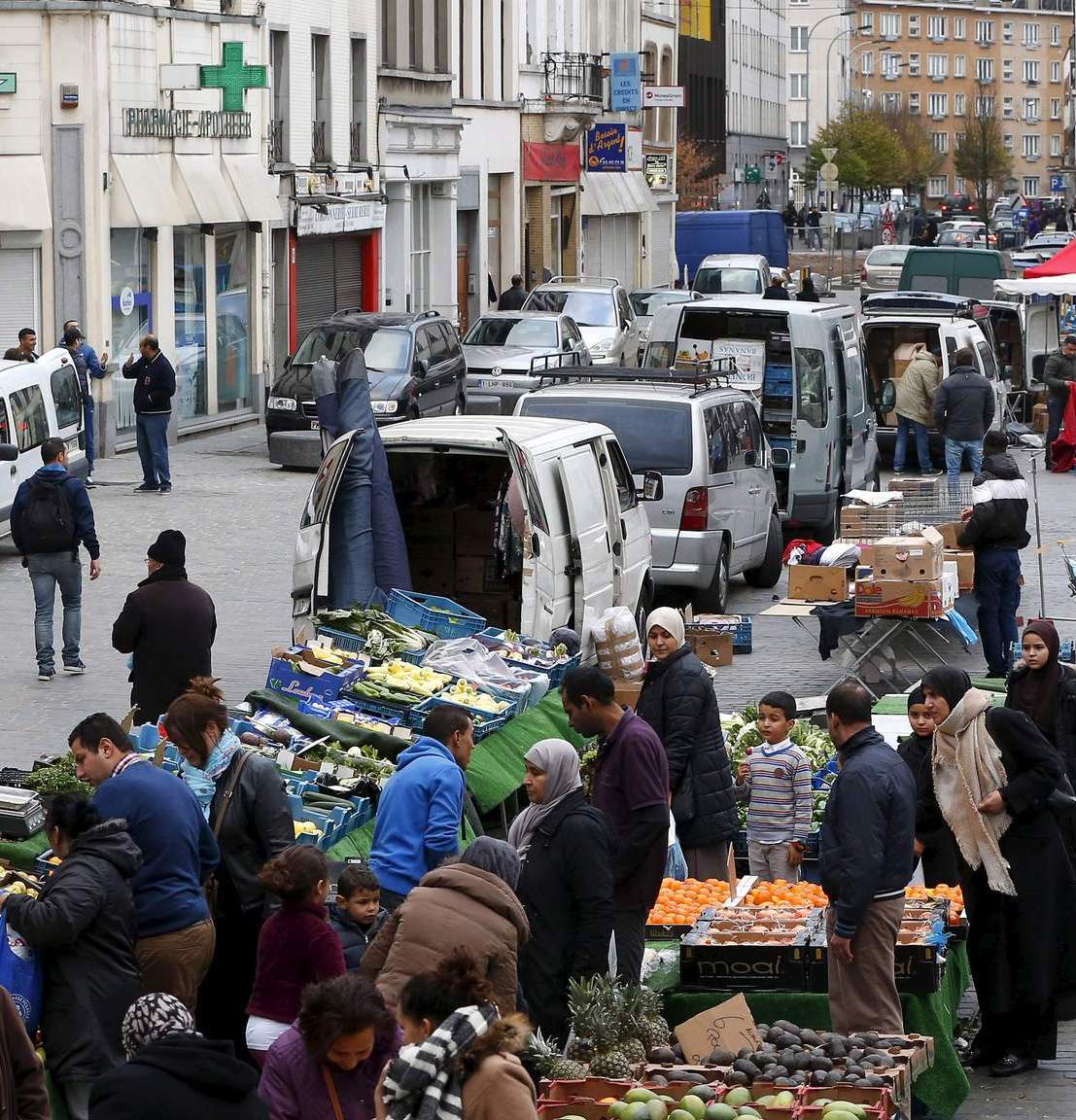Paris attacks: Brussels suburb becoming known as Europe’s ‘jihadi central’
Authorities in Belgium have warned that a Brussels suburb caught up in the hunt for the perpetrators of the Paris attacks has become a breeding ground for radical Islamists. Heavily armed police raided addresses in Molenbeek, which has a substantial Muslim population of mostly Moroccan and Turkish immigrants, after two of the suspects were identified as having lived in the district. In the aftermath of the attacks, Belgian police have raided several Molenbeek addresses and seven people have been arrested in Belgium in connection with the atrocity. A Molenbeek connection keeps coming up in cases of Islamist attacks in Europe going back at least to the 2004 train bombings in Madrid, where one of those jailed for planning them was a Moroccan from the borough.
With 500-1,000 euros you can get a military weapon in half an hour.
Bilal Benyaich, a senior fellow at Brussels think-tank the Itinera Institute
Belgium’s Prime Minister Charles Michel, whose coalition government has been fighting an ideological war against Islamists that have recruited more than 350 Belgians to fight in Syria, has described Molenbeek as a “gigantic problem”. Mr Michel’s words have been echoed by his Interior Minister Jan Jambon, who has declared Molenbeek needs to be “cleansed,” not only of militants among Belgium’s half-a-million Muslims, but of French radicals using the district as a discreet base from which to lie low and plan armed attacks on their homeland. With some districts in Molenbeek comprised of a population that is 80% Muslim, and a suspicion of Belgian authorities among many immigrant communities, police have struggled to gather useful intelligence to identify and prevent such militant attacks.
That means while the neighbours may have seen something going on, they’re not passing it to the police.
Edwin Bakker, professor at the centre for terrorism and counterterrorism at the University of Leiden

World Molenbeek